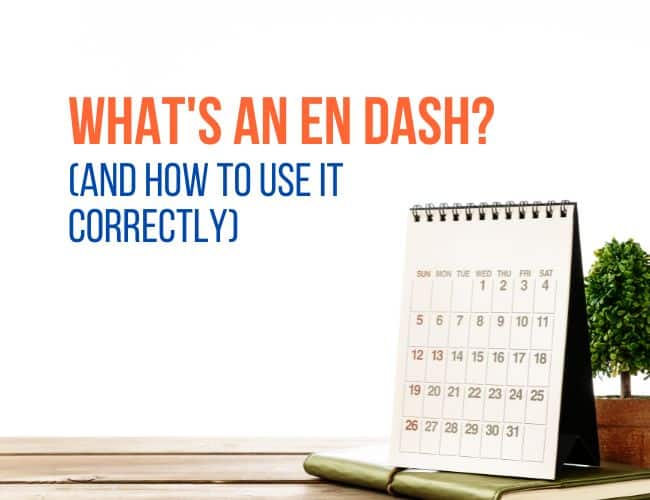
by Liz Bureman |
Yeah, like you’re going to see a list of plot types that doesn’t include the Quest. The Quest is a search for a place, item, or person that requires the hero to leave home in order to find it. Sometimes the item is just a MacGuffin to drive the plot along; other times the thing driving the quest is specific to the story’s circumstances. Either way, the hero is leaving home to find whatever the heck the story demands, and we get to come along for the ride.

by Liz Bureman |
Everyone loves a success story, especially when it results from years of hard work and the protagonist has struggled from the depths of despair. This story type is so beloved, that it is Charles Booker’s second plot type of seven: Rags to Riches.

by Liz Bureman and Sue Weems |
Christopher Booker published The Seven Basic Plots in 2004, and he argues that all stories told in any medium can be categorized into one of seven archetypes. Today, we’re covering the first plot: Overcoming the Monster. Read on to see if this archetype can help you write a better story.

by Liz Bureman |
An en dash is one of the punctuation marks that most people see all the time, but rarely think about how to use correctly. Take a look at how to create an en dash and when to use it.

by Liz Bureman and Sue Weems |
Most full length books or films will have multiple storylines, a primary plot and at least one secondary plot that impacts the outcome of the story. But keeping all those storylines straight can be a challenge. What are multiple storylines and how can you manage them to tell a terrific story?




